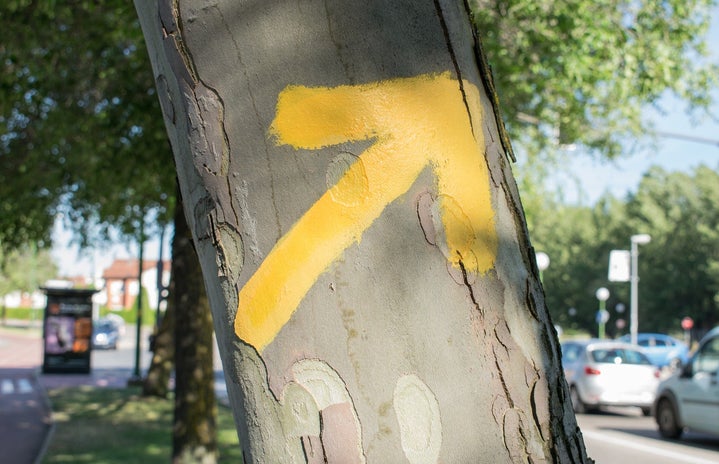Graduate school, whether you are a sophomore barely thinking about what happens after graduation or a senior who can’t decide to go or not… let this article clear some things up for you. From researching programs and their different mission statements to actually applying and gathering all the documents together. Graduate school may sound scary, and the application process may seem pretty daunting, but if you decide to go higher on the educational ladder, it will all be worth it when you get accepted.
Do Your Homework
(You’ll thank me later)
If you are even somewhat considering graduate school, then start looking up schools and programs ASAP. You may think that the field you are interested in has a program wherever … wrong. This is not always the case. While I was looking for programs within my specific field it became very clear that not every college, no matter the size, would have it. Some universities may have a program within your field, but they may focus on something you are not particularly interested in. For example, some universities may have programs more focused on teaching the subject material, heading towards being a teacher someday, and not actually learning more about the field in general. Another important thing to note is that Individual programs will also have their own unique sets of requirements in order to apply to the program. These requirements will be on top of the general university requirements to be accepted. The sooner you know the universities/programs you are interested in the better!
Deadlines, Deadlines, Deadlines
(Schools don’t play)
If you are applying to multiple schools, then you will hopefully notice that they all come with different deadlines for everything. A deadline for the institutional application, a deadline for the program application, a deadline for documents to be sent to the institution. One of the best tips I can give you about deadlines is to get a planner, a calendar, or even some post notes! Take an hour or more to sit down, visit each program’s website, search through the different handbooks and admissions tabs, and find the dates. List each date down next to the document and how the institution would like to receive it. While going through this process I found that some universities will accept documents digitally uploaded to a site, while others may still want documents actually mailed to their department. If you must mail these documents then pay even more attention to deadlines as most universities are very strict and will not accept them past the date or will not consider your application due to it being incomplete.
Extra Documents
(You’ll probably need them)
Letters of recommendation, a letter of intent, a statement of purpose, your resume, a writing sample, and official or unofficial transcripts are just some of the extra documents your program may need in order to properly evaluate your application. Now, I know a lot of you may not have these readily available but do not let that scare you off from applying. If you start early enough these documents should not be too hard to complete for each school within the time available. Plus, once you get a basic version of each you can just edit them for each school or copy and paste segments of them, cutting down your workload by a lot. Not sure where to even start on documents like a letter of intent or statement of purpose? Consider asking another student, a family member, coworker, your boss or even go to the Mānoa Career Center to help get you started. Now, letters of recommendation are a little different. From my experience, I have needed about two or three letters of recommendation. When it comes to these it is important that you ask your planned references before you even put their names on the applications. There is nothing worse than an unnotified reference. They may not be able to give you a proper reference or flat out refuse to because they were not prepared to at that time.
Grad School Costs
(You gotta spend money to make money)
I won’t lie, graduate school is not the cheapest option, even when it comes to the application process. Between paying for the actual application and official transcripts to sending in actual hard copies of documents and additional fees, it can add up quickly. If you are worried about paying for graduate school do not give up! Like my mentor always told me, do not pay for graduate school, there are numerous ways to finance your graduate school degree, you just have to look! Many schools have grants and scholarships available to those who seek them out. Yes, it is added work on top of the application, but it is well worth it if you receive one. Another way to either somewhat finance or completely finance your degree is to become a teaching assistant (TA) or research assistant. Considering going out of state for a program or plan to live on campus? Think about becoming a resident assistant (RA) as most universities offer them free housing.
In the end, graduate school applications are much more tedious than college applications for bachelor degrees. They take more time and dedication, but that is also how graduate school works. Throughout the application process, If you ever have any questions, remember to contact the programs you are looking in to. Many graduate programs are happy to see you reaching out to them with questions and will happily help you as much as they can! The process of applying to graduate school can be lengthy and stressful but if you start early you can avoid this path as much as possible.


